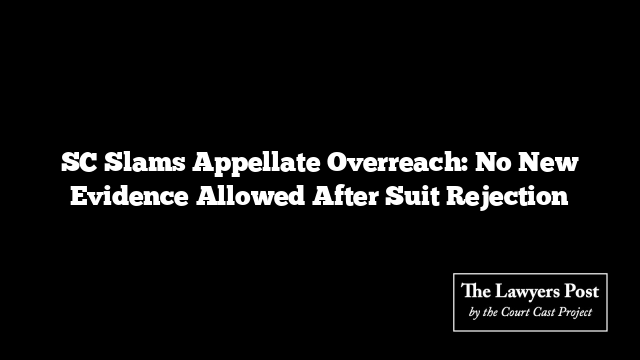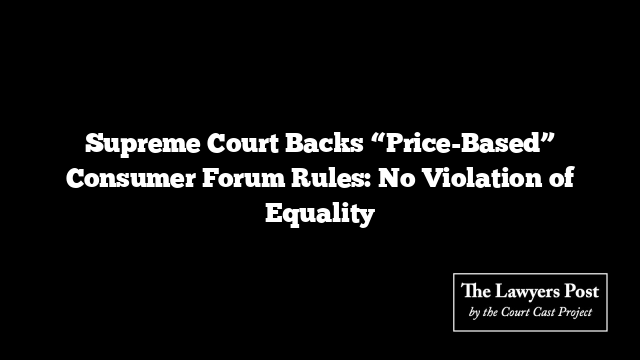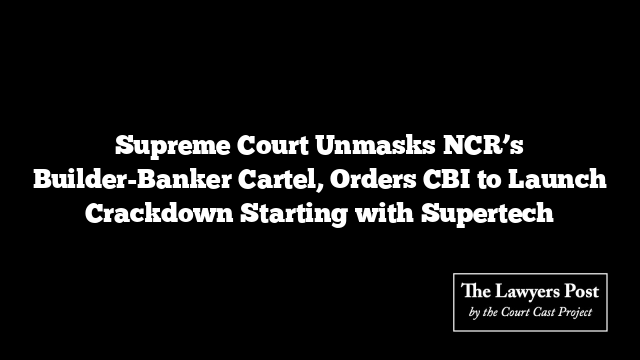In a strong reminder about the limits of judicial powers, the Supreme Court has ruled that appellate courts cannot order new documents to be brought in after a plaint is rejected under Order VII Rule 11 of the Civil Procedure Code (CPC).
The case stemmed from a land dispute where the plaintiff’s suit, seeking declaration and injunction, was rejected by the trial court. Undeterred, the plaintiff rushed to the First Appellate Court, which went a step further — ordering the tehsildar to produce a mutation register from 1939–40 by invoking Order XI Rule 14 of the CPC. The Karnataka High Court later backed this move.
The Supreme Court, however, wasn’t amused.
A bench comprising Justices Dipankar Datta and Prashant Kumar Mishra emphasized that Order XI Rule 14 is a procedural tool meant for the middle of a live suit — not after it’s been shut down. Once a plaint is rejected, the suit ceases to exist. There’s no stage left for evidence to unfold, the Court made clear.
The top court underscored that the First Appellate Court’s job, when hearing an appeal against the rejection of a plaint, is strictly limited: check if the rejection was correct based on the plaint itself — no more, no less. Introducing new documents at this stage crosses a line that simply shouldn’t be crossed.
Justice Mishra, penning the judgment, pulled no punches. He declared that the First Appellate Court, and the High Court affirming it, both committed a jurisdictional error by allowing fresh material to creep into the appeal process.
“It nowhere enables the Civil Court to pass an order beyond the scope of Order XI Rule 14,” the bench observed, decisively setting aside the High Court’s ruling.





